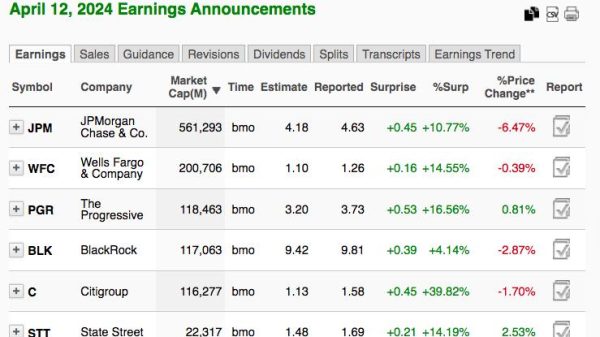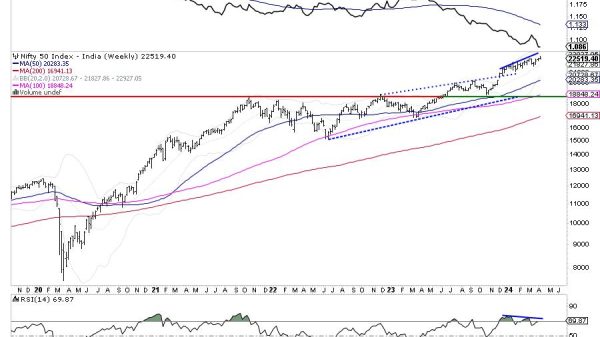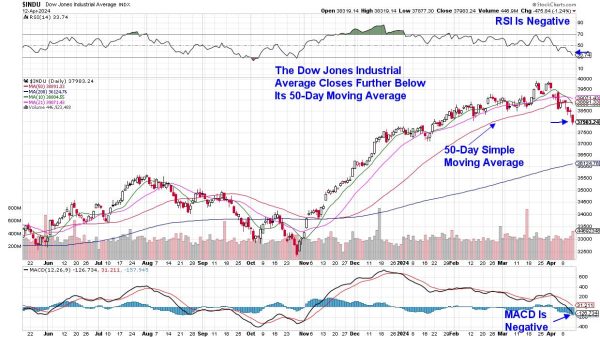The Treasury is almost £2 billion in profit on loans it made under the Help to Buy house purchase scheme, which formally comes to an end tomorrow.
Since it was launched in 2013 — by George Osborne when he was chancellor — more than 375,000 loans have been made by the government to people looking to buy their first home. On average, they borrowed £62,000.
According to Homes England, the government’s “housing accelerator”, on each of the loans the UK Treasury is on average £4,700 in profit, on paper at least. Assuming house prices stay roughly where they are, that means the government stands to make a profit of about £1.8 billion from Help to Buy.
The scheme involves equity loans, meaning that the Treasury, and thus the taxpayer, owns part of the houses and is entitled to any rise in prices, proportional to the size of its loan. So someone with a 20 per cent equity loan who sells their house for £10,000 more than they paid would need to repay £2,000 to the government on top of the initial value of the loan.
According to data from Nationwide, house prices in the UK have risen by about 54 per cent since Help to Buy was introduced. Since the start of the pandemic three years ago, average prices have increased by nearly 20 per cent.
As of March last year, about a quarter of all Help to Buy loans had been repaid, for which the Treasury received £5.52 billion, having originally lent £5.05 billion. The Treasury has written Help to Buy loans of nearly £24 billion, which have been used to buy homes worth £105 billion. Those figures date from September, so the final tallies will be higher. On top of the capital gains to which the government is entitled, it has also racked up millions of pounds in interest payments. In the 2021-22 financial year, these came to £34.3 million.
Help to Buy was introduced to get more people into homes, to get more houses built and to stimulate the economy. Developers say it worked: hundreds of thousands of people used the scheme to get on the property ladder; twice as many houses were built last year than in 2013; and £63 billion in economic activity has been generated by Help to Buy, according to the Home Builders Federation.
However, some critics called it “Help to Profit”, in reference to developers’ financial performances and the bonuses afforded to some executives — most notably Jeff Fairburn, the former chief executive of Persimmon, who was paid more than £75 million. A House of Lords report last year blamed Help to Buy for pushing up house prices and concluded that the money would have been “better spent on increasing housing supply”.
From Saturday, there will be no incentive scheme targeted at first-time buyers for the first time in decades. “Builders can only build if buyers can buy,” the HBF said. It added that would-be buyers’ ambitions would be thwarted by the withdrawal of the scheme.
The Treasury said Help to Buy loans “have helped thousands get on the property ladder and provided extra revenue to pump into public services”.
Read more:
Treasury makes £2bn from Help to Buy scheme























